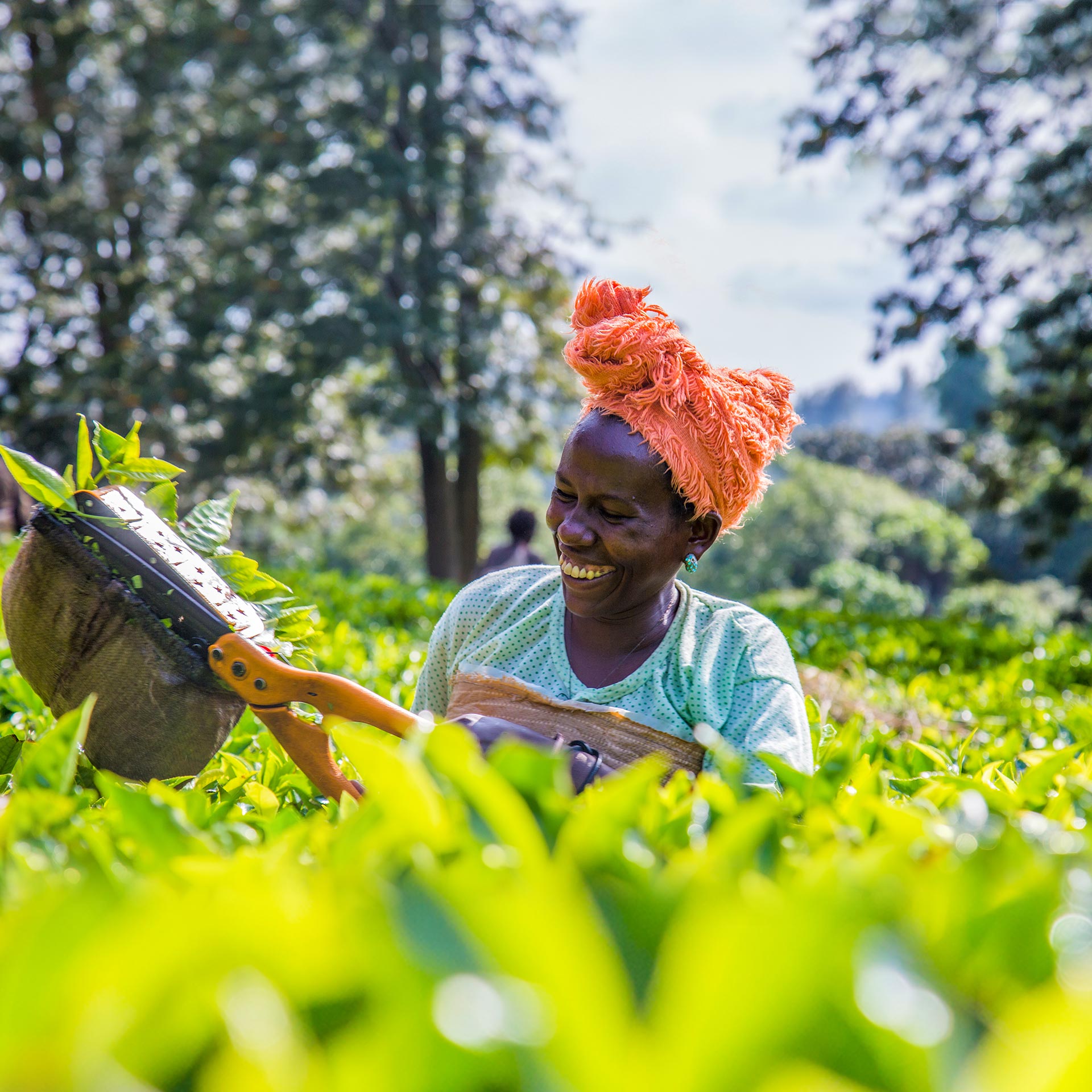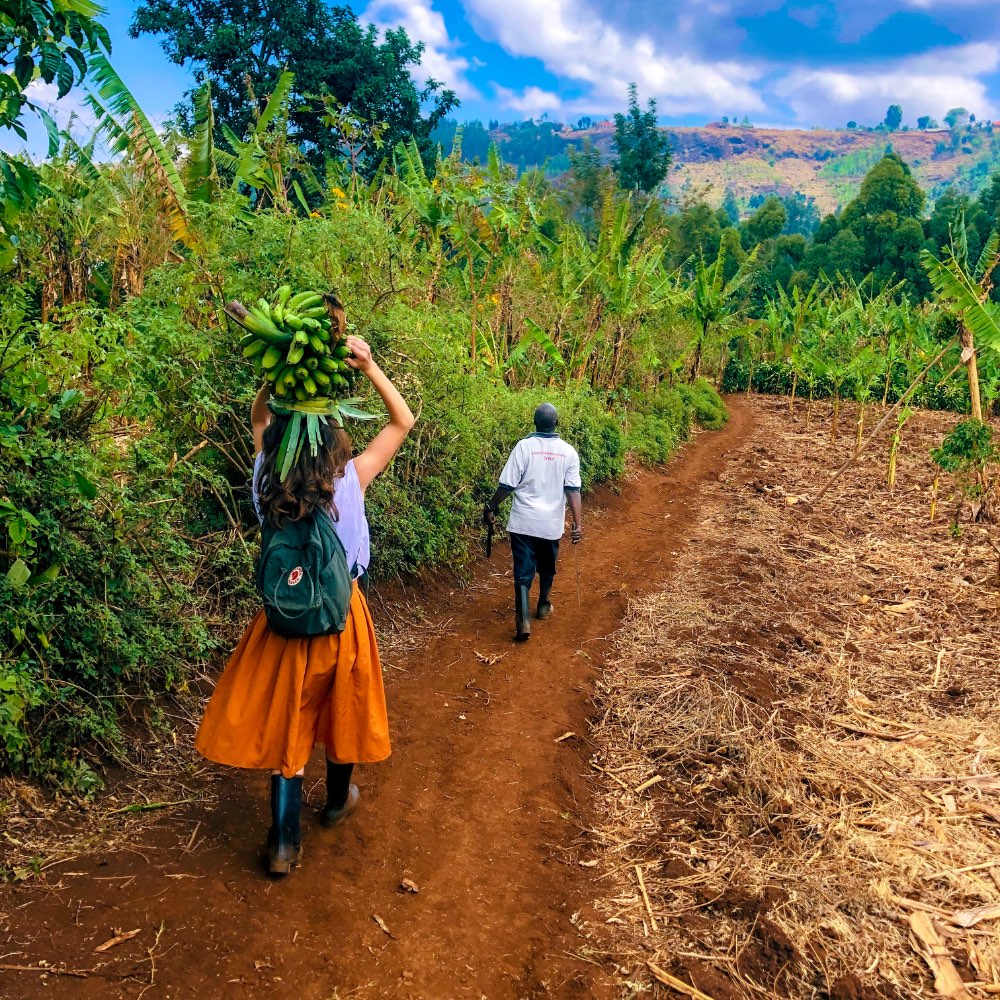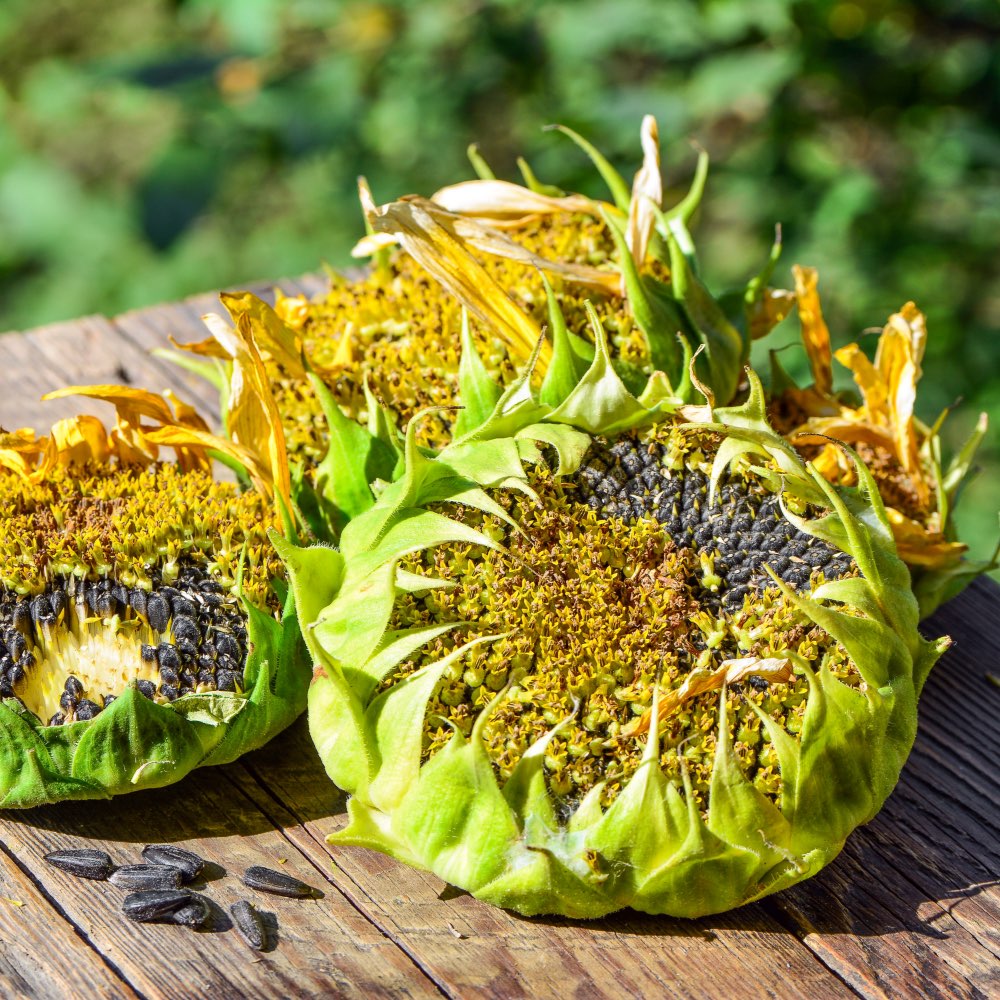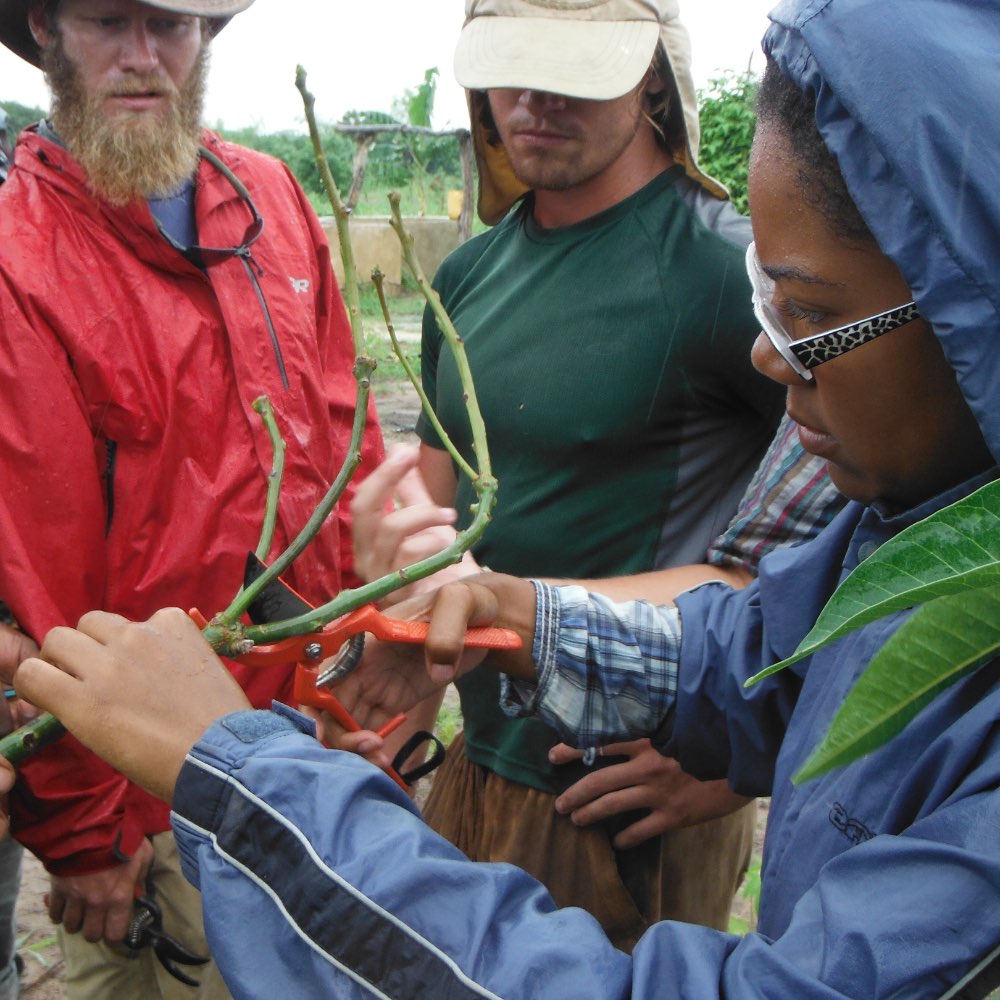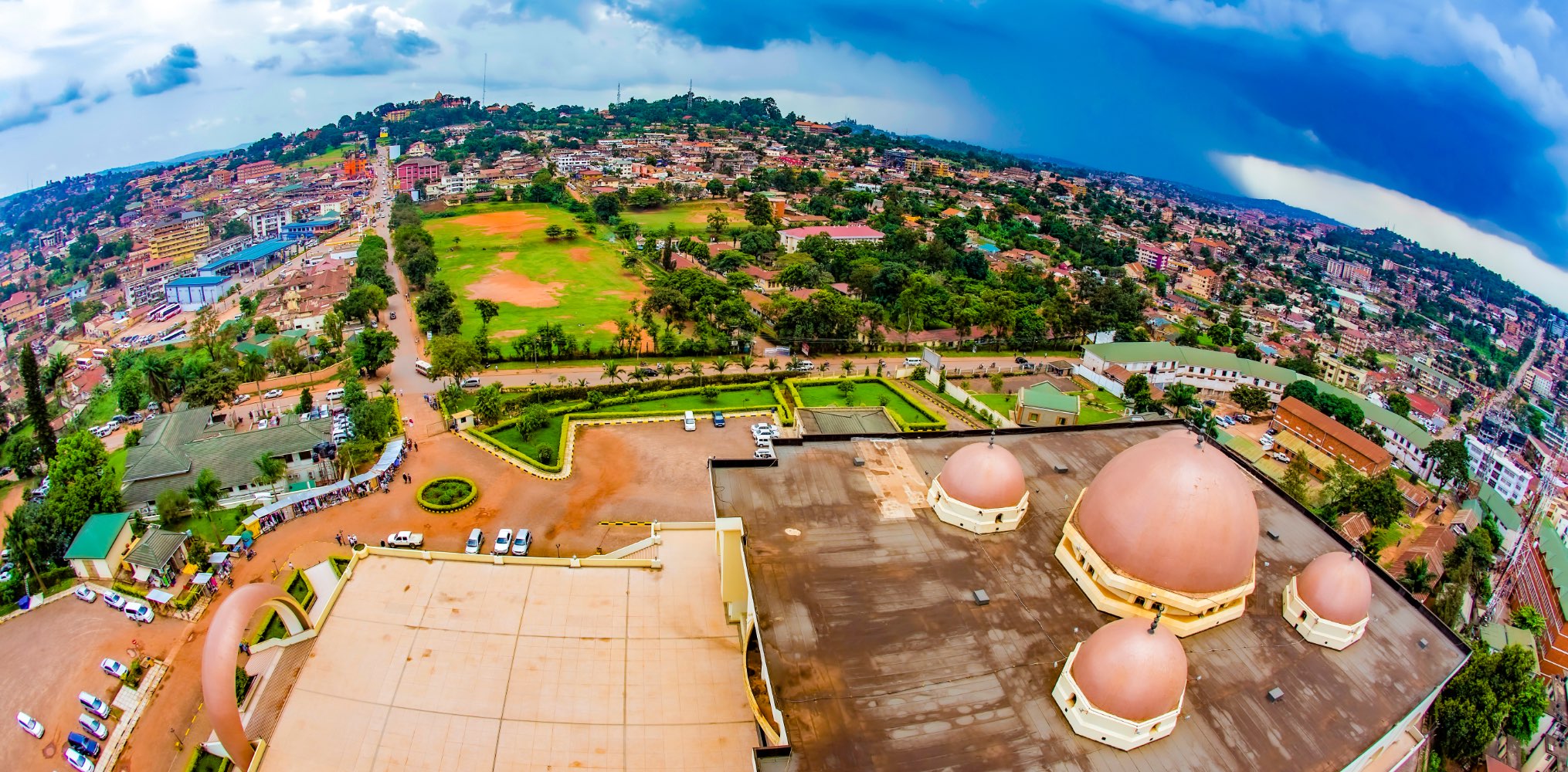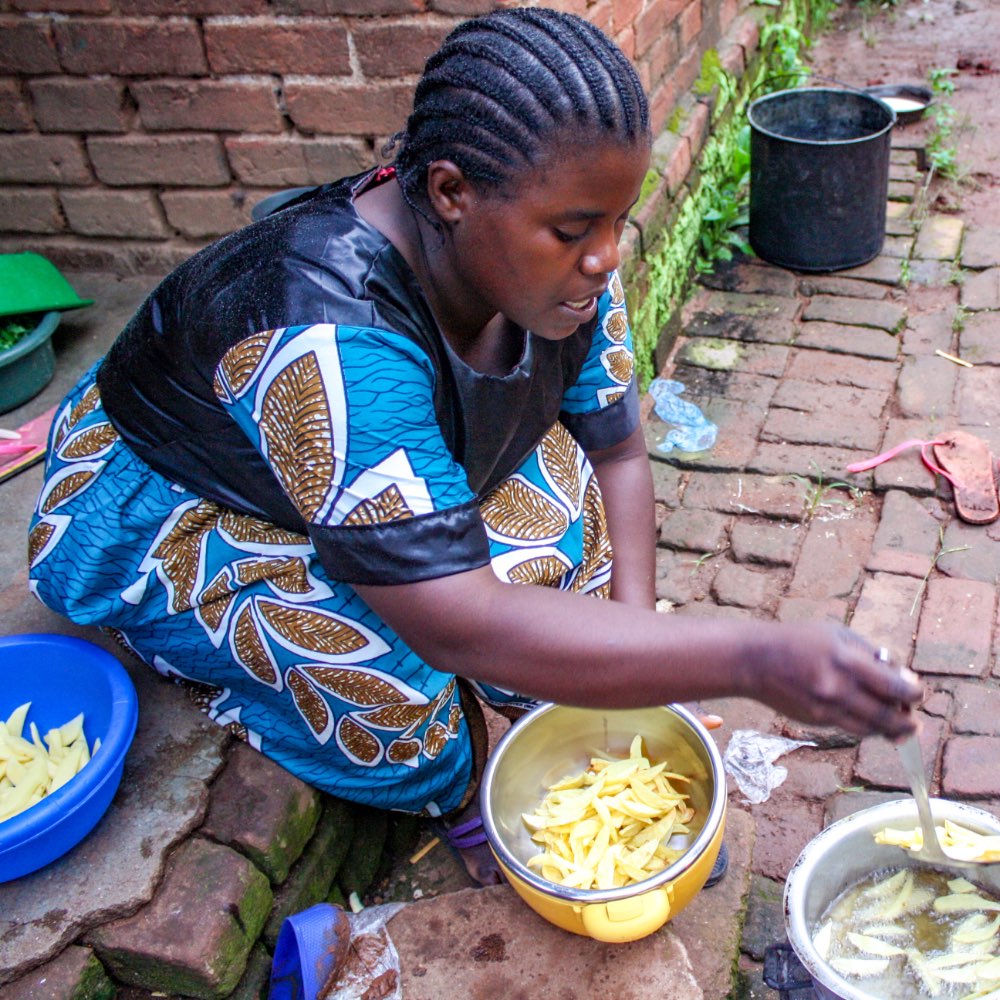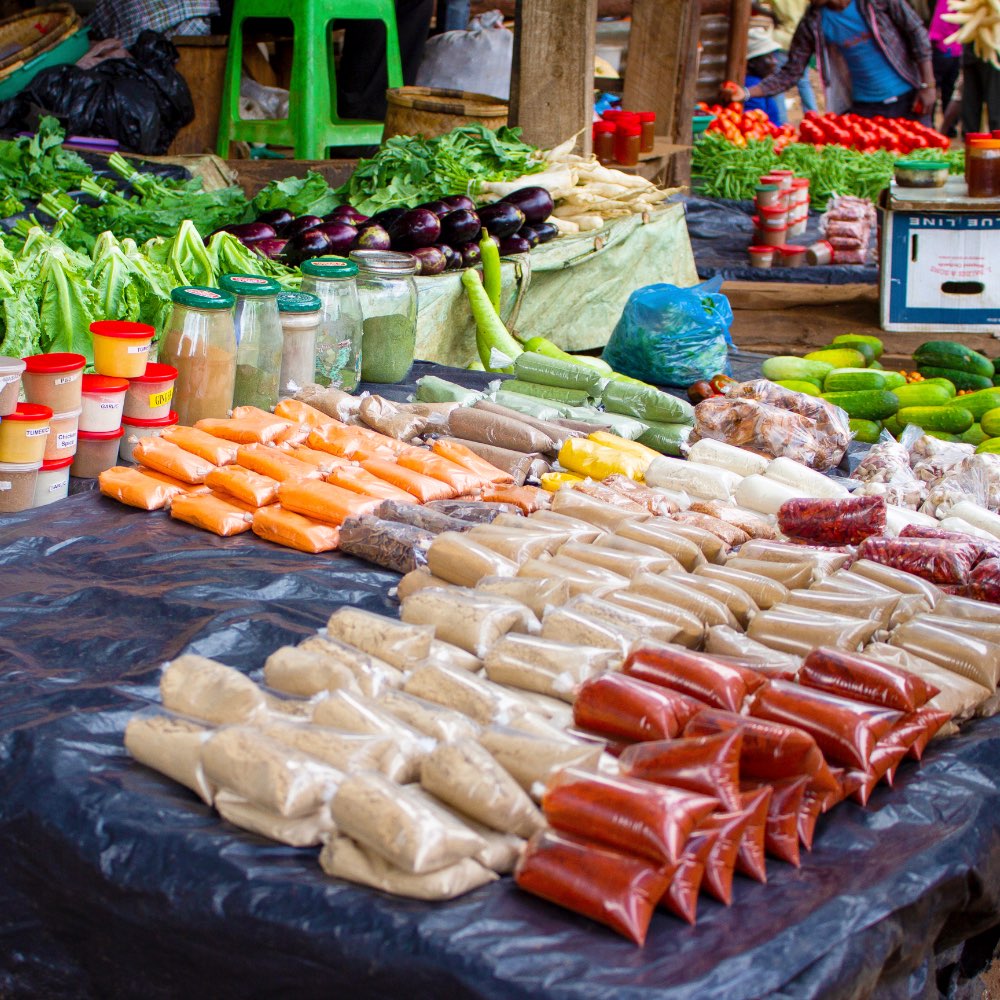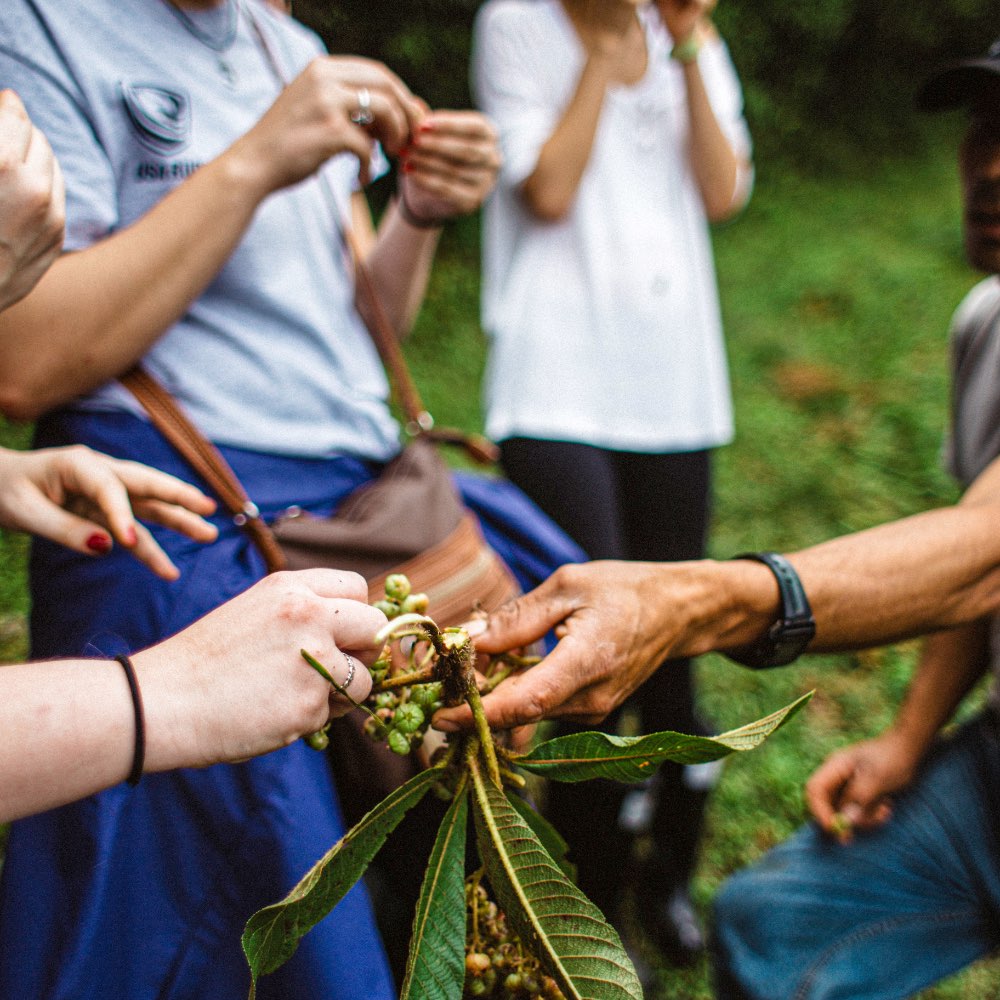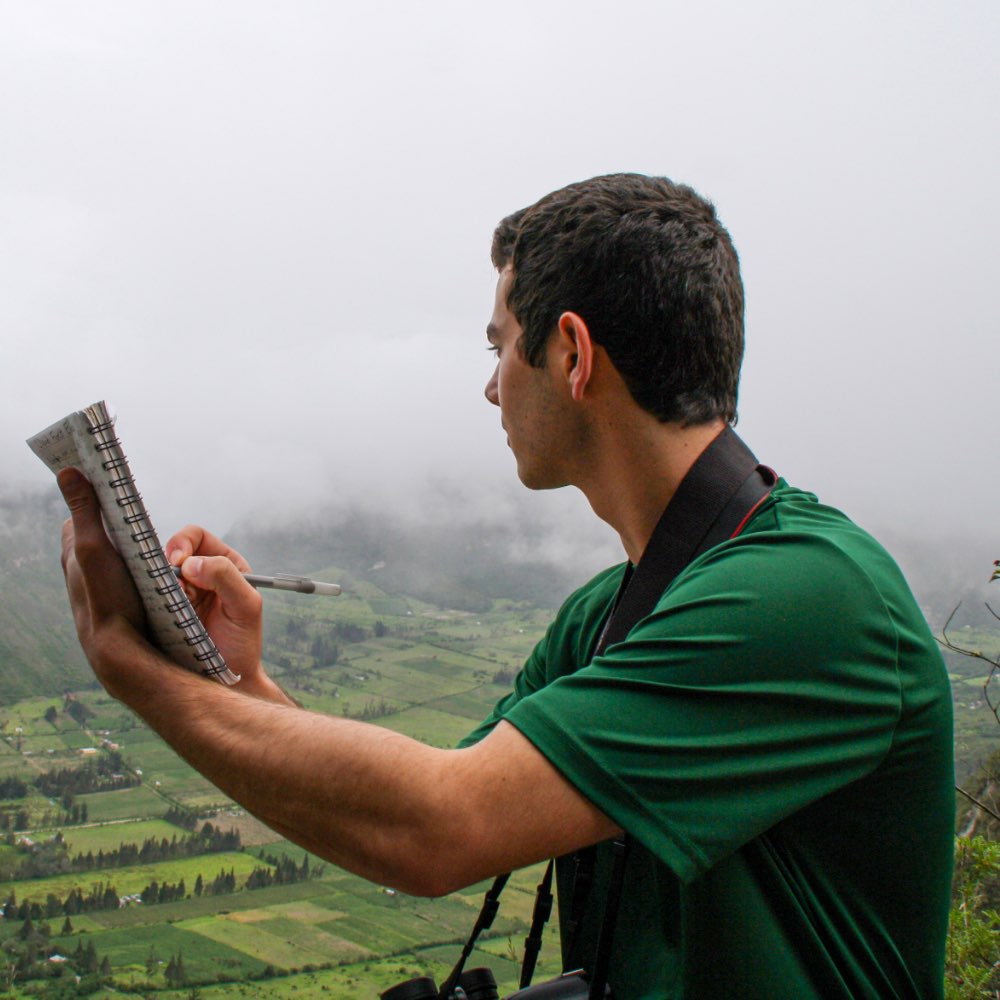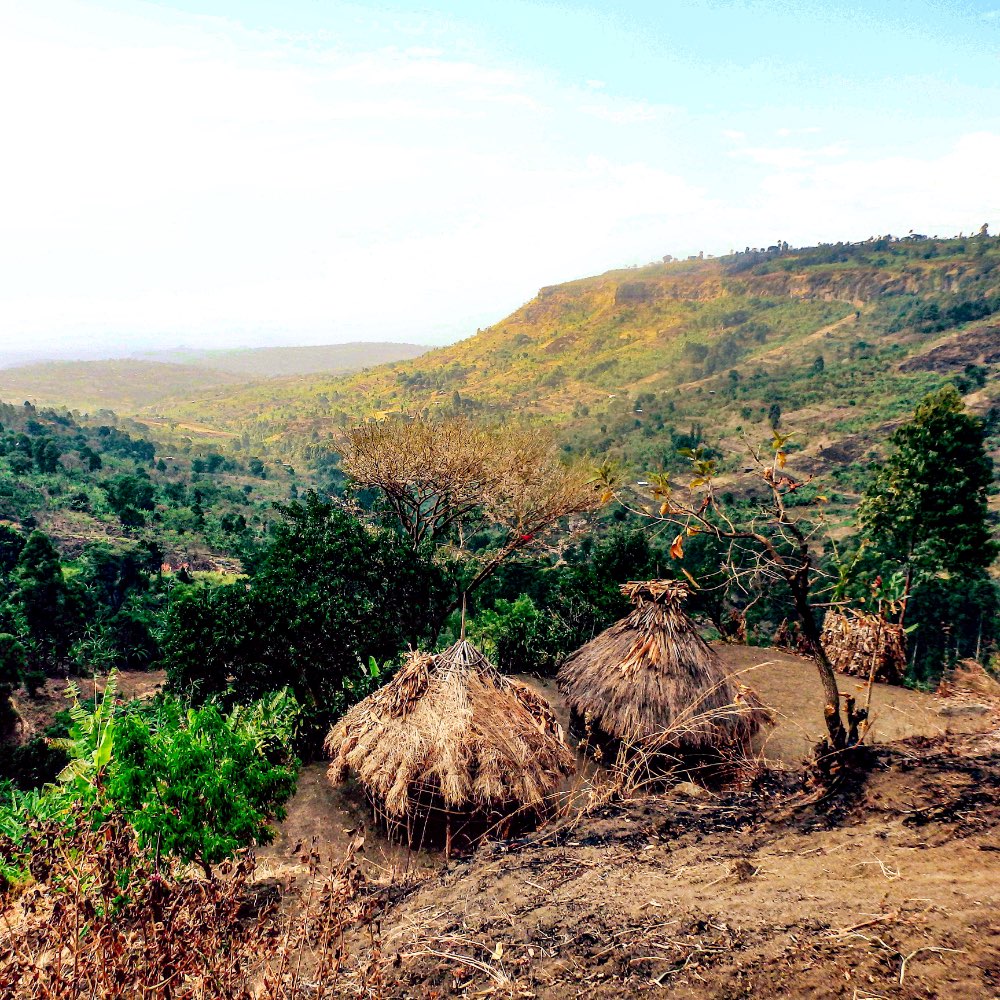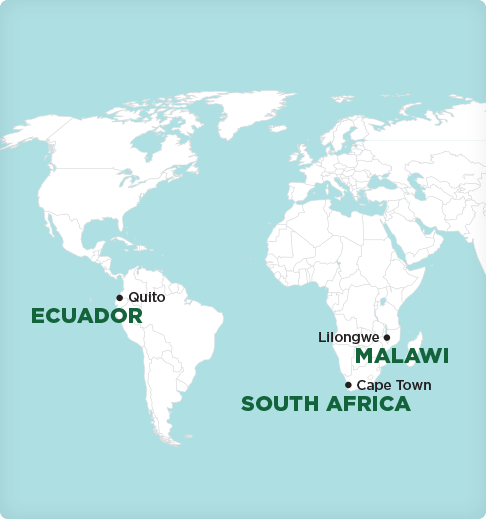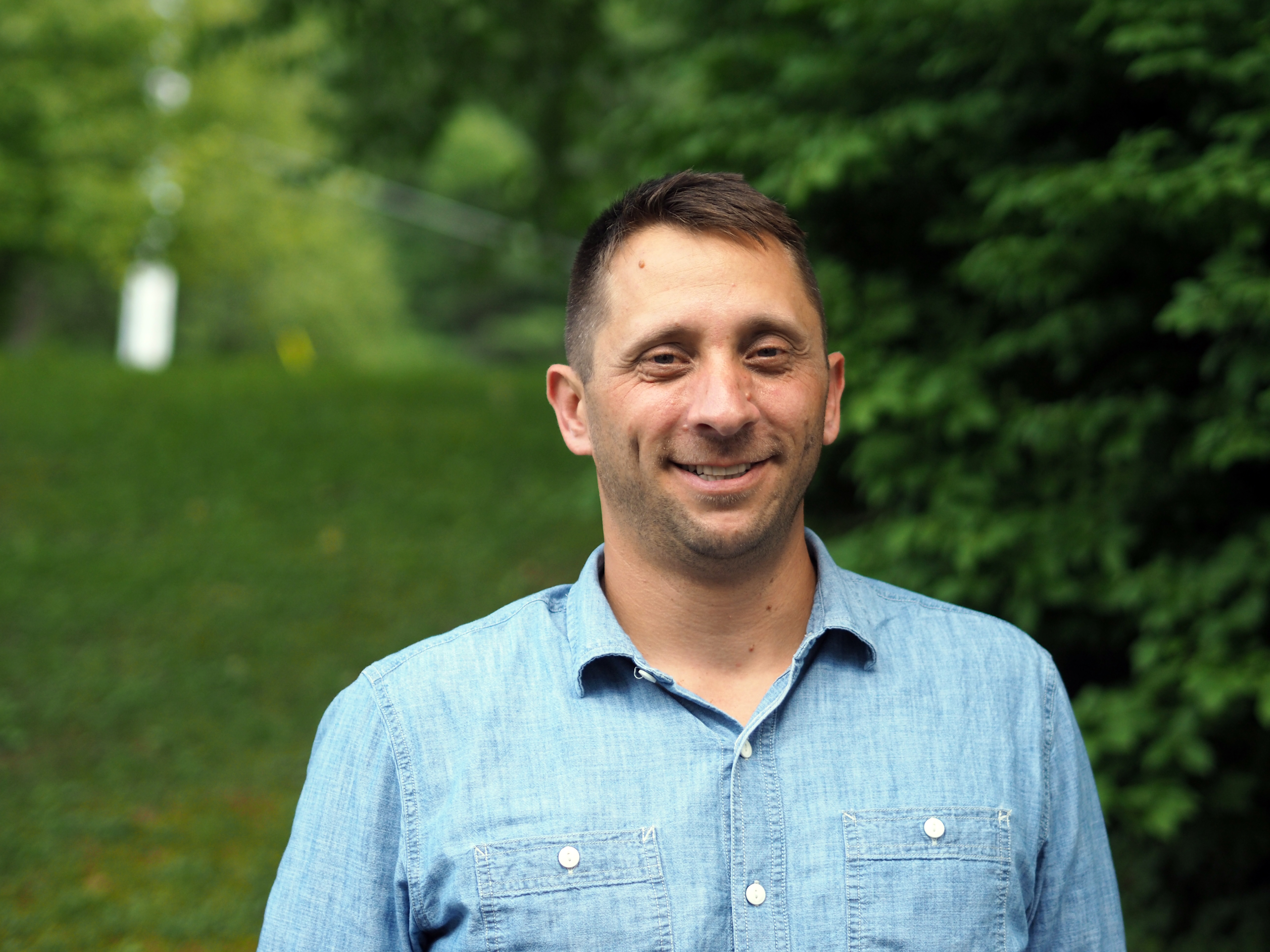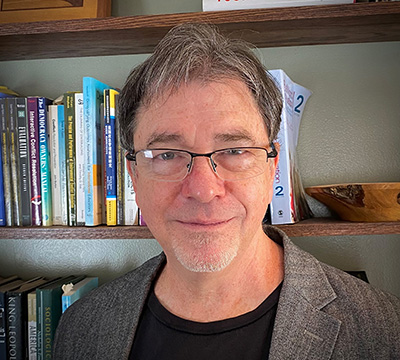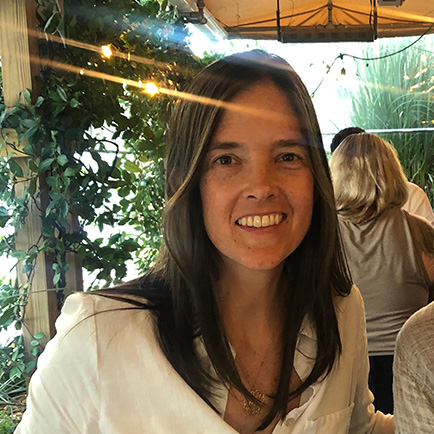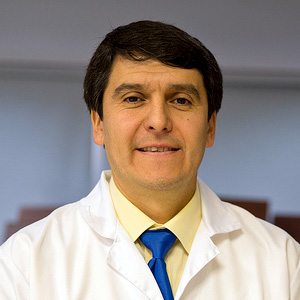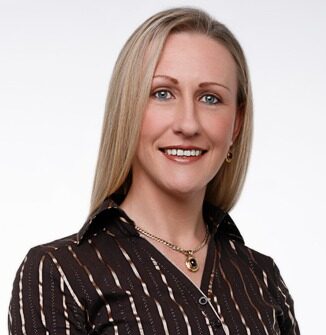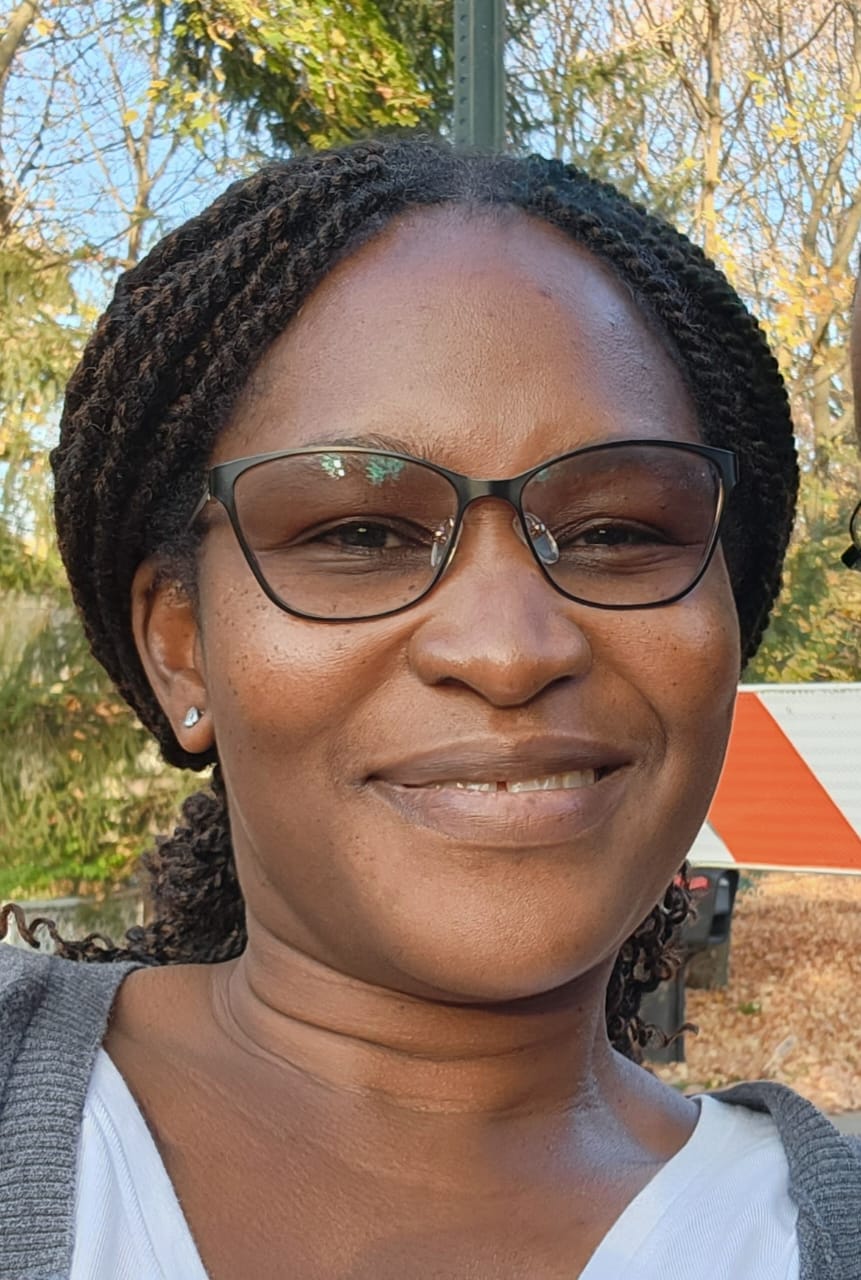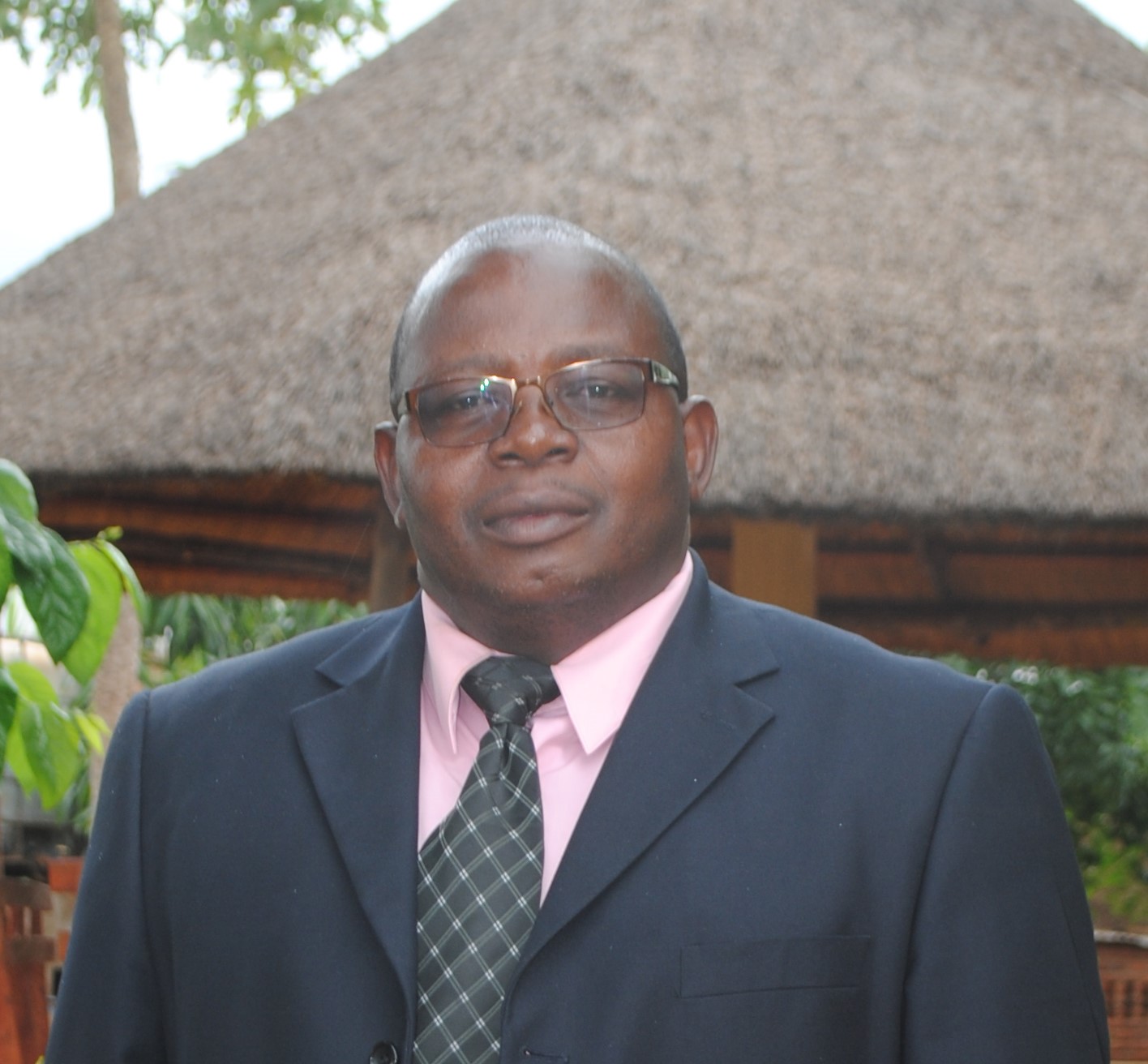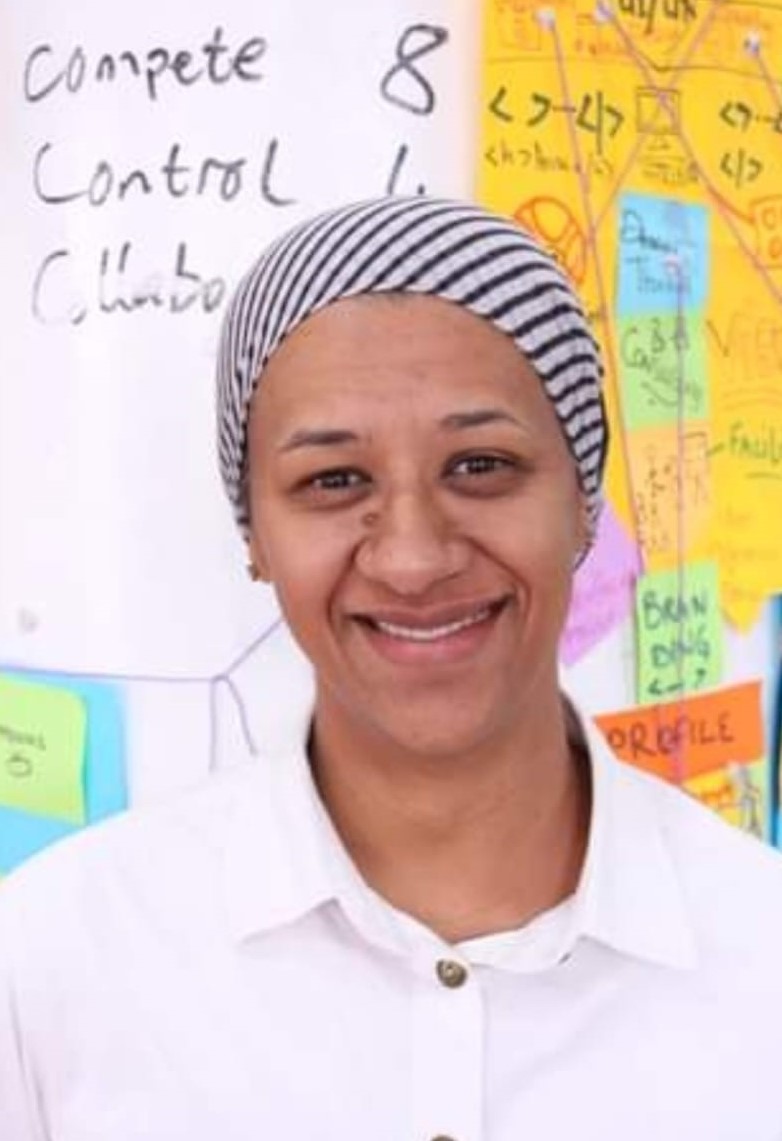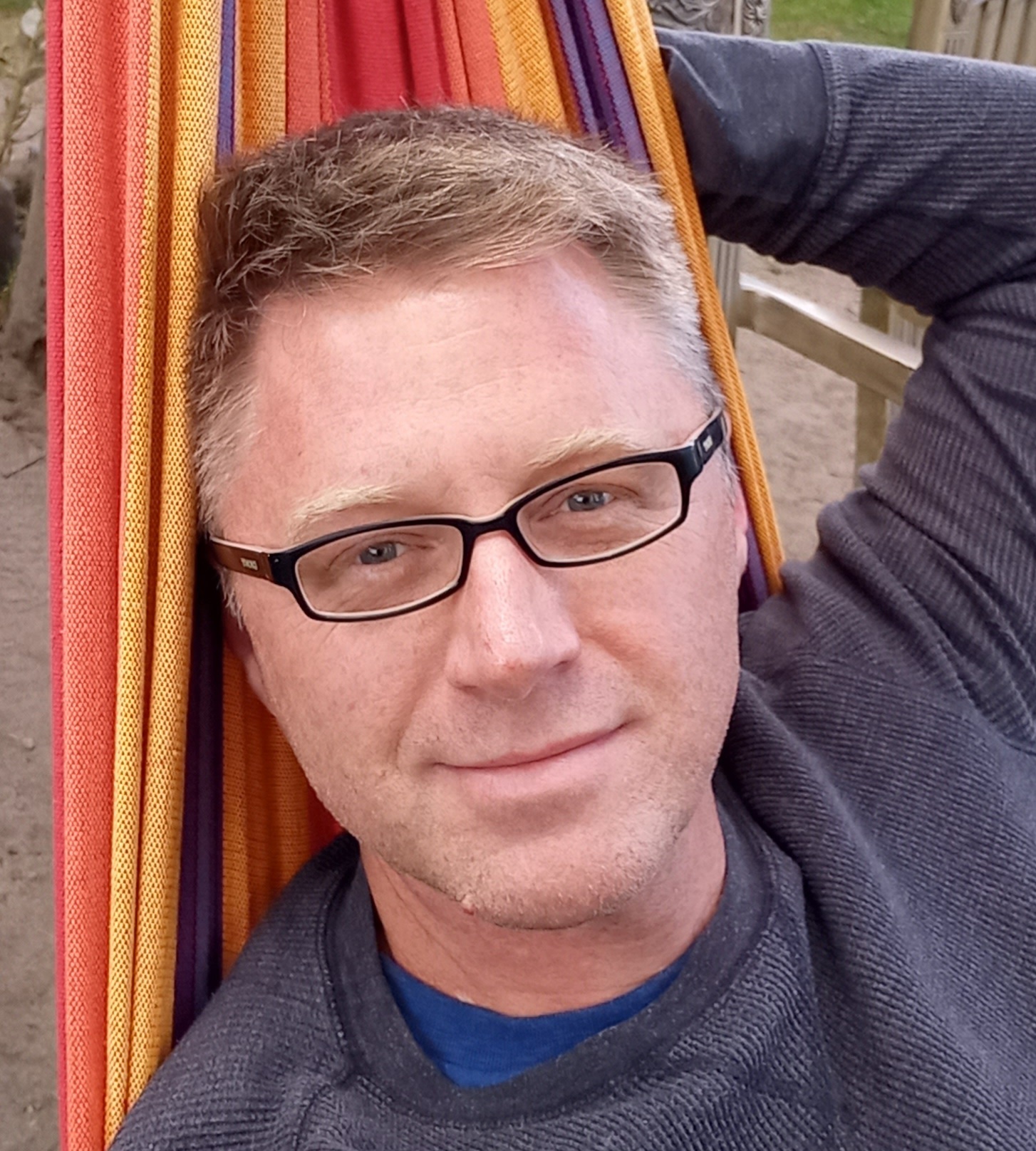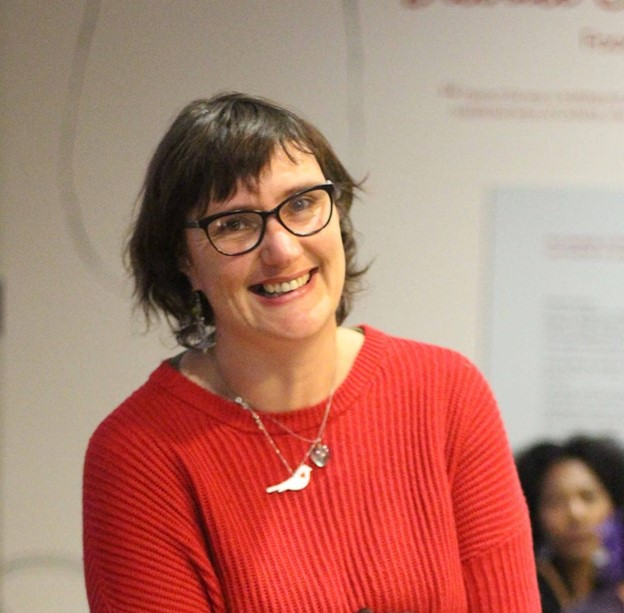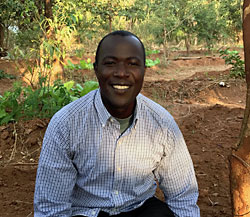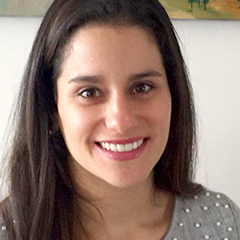Online
- (DIPL–5518 / 1 credit) Negotiation, Mediation, and Dialogue
Negotiation, mediation, and dialogue are essential skills for anyone seeking to bring about change in difficult environments. This course will examine the theory and practice behind each of these approaches to conflict transformation, consider settings where each skill might best be applied, and provide hands-on training through various roleplays and simulations.
- (DIPL-5515 / 1.5 credits) Research Methods and Ethics 2
The second in a sequence of two courses introduces students to the design and methodology of qualitative research and offers students a hands-on opportunity to explore and apply qualitative research through a mini research study. The mini research study takes students full circle: from formulating a research question to situating their research inquiry in existing literature to designing and conducting an empirical study to generating findings and conclusions.
South Africa
- (MPIM–5004 / .5 credits) Professional Development Seminar 2
The second part of a two-part, one-credit seminar focuses on topics related to professional development for students who will be establishing careers in government, nongovernmental, academic, or research settings. The seminar covers “how-to” knowledge and skills on topics including career planning, conference presentations, peer-reviewed publications, funding, and the job search process. The course is facilitated by the program chair, and individual sessions feature invited guest speakers, faculty, and others with expertise in sustainable development practice. Students have the opportunity and are encouraged to meet with leaders engaged in diplomacy work.
- (MGMT–5106 / 3 credits) Monitoring, Evaluation, Accountability, and Learning
This course provides a thorough introduction to concepts, case examples, and research tools designed to explore and assess community problems and the feasibility of new development interventions, and to monitor and evaluate the process and impact of existing interventions. Special attention is given to participatory methodologies and other current approaches. In addition, students will explore monitoring, evaluation, and learning within the specific context of humanitarian assistance.
- (DEVP–5375 / 3 credits) Special Topics in Design and Development
This course will cover a topic or set of closely related topics not covered in the rest of the curriculum. The course is initiated by a member of the faculty, often in response to student interest. The specific content and methods will vary based on the topic.
Malawi
- (MPIM–5004 / 0 credits) Professional
Development Seminar 2 (continuation)
The second part of a two-part, one-credit seminar focuses on topics related to professional development for students who will be establishing careers in government, nongovernmental, academic, or research settings. The seminar covers “how-to” knowledge and skills on topics including career planning, conference presentations, peer-reviewed publications, funding, and the job search process. The course is facilitated by the program chair, and individual sessions feature invited guest speakers, faculty, and others with expertise in sustainable development practice. Students have the opportunity and are encouraged to meet with leaders engaged in diplomacy work.
- (DEVP–5310 / 3 credits) Sustainable Natural Resource Management
This course examines the interdisciplinary aspects of sustainable natural resource management. Sustainability is one of the most significant shifts in thinking and action in the environmental and resource management arenas. Sustainable natural resource management emphasizes practical and sustainable solutions from social, economic, and environmental perspectives. In this course we will discuss concepts and principles related to the economic, environmental, social, ecological, cultural, and ethical considerations of resource management and evaluate different methods of balancing these sometimes competing interests in order to manage resources sustainably. We will examine global natural resource issues and international collaborative efforts to address them through the lens of sustainable development. Key drivers of natural resource policy and key stressors of natural resources and ecosystems (including population, pollution, invasive species, habitat loss and degradation, overharvest, disease, poverty, political conflict, cultural traditions, urbanization, technology, and climate change) will be analyzed. The course will conclude with an analysis of the role of ethics, social justice, and communication in the sustainable management of natural resources.
- (DEVP–5320 / 3 credits) Gender, Agriculture, and Climate Change
This course explores global women’s efforts to make visible and address the gender dimensions of agriculture and climate change, including women’s grassroots adaptation strategies and cutting-edge research. The course will examine women’s vulnerability to the effects of chronic challenges and specific hazards and disasters that are related to agriculture and climate change. It will also look at work that has been done historically and regionally to promote gender, climate, and food justice. Since the course is based in Malawi, it will focus on how rural smallholding woman have coped with agricultural challenges and climate change historically and are organizing today.

